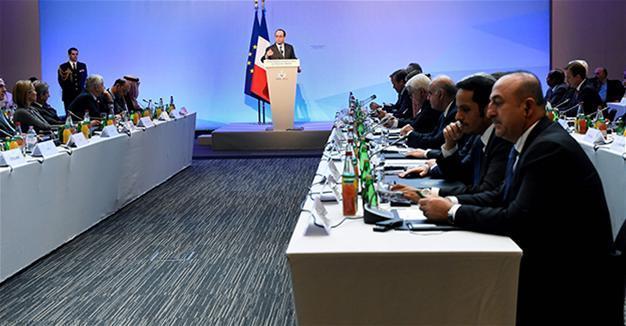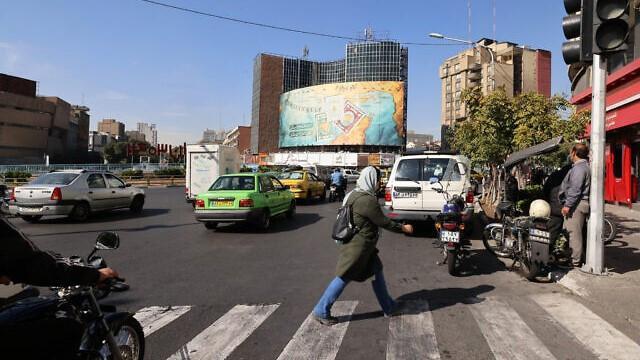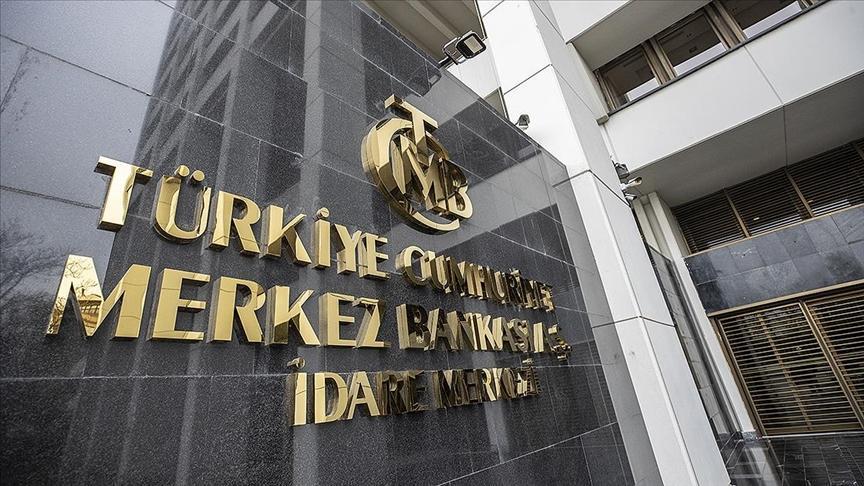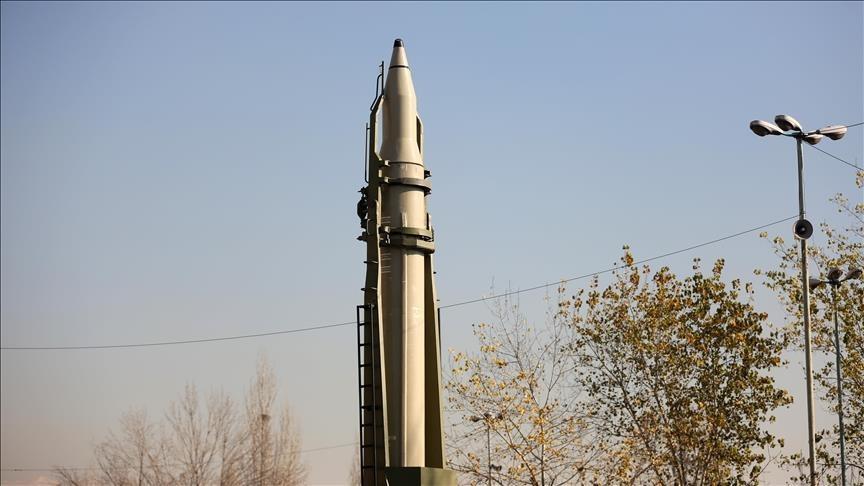At Paris meeting, major powers warn Trump over Middle East peace
PARIS/JERUSALEM

AFP photo
Major powers signaled to U.S. President-elect Donald Trump that a two-state solution for Israelis and Palestinians is the only solution to the problems in the Holy Land, with France warning him that plans to move the U.S. embassy to Jerusalem could derail peace efforts.Some 70 countries, including key European and Arab states as well as the permanent members of the U.N. Security Council, gathered in Paris on Jan. 15 for a meeting that Israeli Prime Minister Benjamin Netanyahu has rejected as “futile.”
Neither the Israelis nor the Palestinians will be represented in the conference.
Turkey is being represented at the summit by Foreign Minister Mevlüt Çavuşoğlu.
Trump’s choice for ambassador to Israel, David Friedman, is a hardliner who says he looks forward to working from “Israel’s eternal capital, Jerusalem.”
The city’s status is one of the thorniest issues. Trump has also vowed to pursue more pro-Israeli policies.
Opening the Paris meeting, French Foreign Minister Jean-Marc Ayrault said the international community wanted to “forcefully reiterate that the two-state solution is the only solution possible” to the seven-decade-old conflict.
In a TV interview later, Ayrault warned that moving the U.S. embassy from Tel Aviv to Jerusalem would have “extremely serious consequences” and predicted Trump would find it impossible to do so.
“When you are president of the United States, you cannot take such a stubborn and such a unilateral view on this issue. You have to try to create the conditions for peace,” he told France 3 TV, as quoted by AFP.
Paris has said the meeting will not impose anything on Israel or the Palestinians and that only direct negotiations can resolve the conflict.
“This conference is among the last twitches of the world of yesterday,” Netanyahu told a cabinet meeting on Jan. 15.
“Tomorrow will look different and that tomorrow is very close,” he added.
Relations between the United States and Israel have soured during President Barack Obama’s administration, reaching a low point late last month when Washington declined to veto a U.N. resolution demanding an end to Israeli settlements in occupied territory.
Obama’s secretary of state, John Kerry, said the settlement program threatened Middle East peace and the two-state solution.
Palestinian President Authority Mahmoud Abbas said on Jan. 14 that he had told Trump that a move to Jerusalem would kill off the peace process and strip the U.S. of its role as honest broker – and could lead to the Palestinians going back on their recognition of Israel.
















